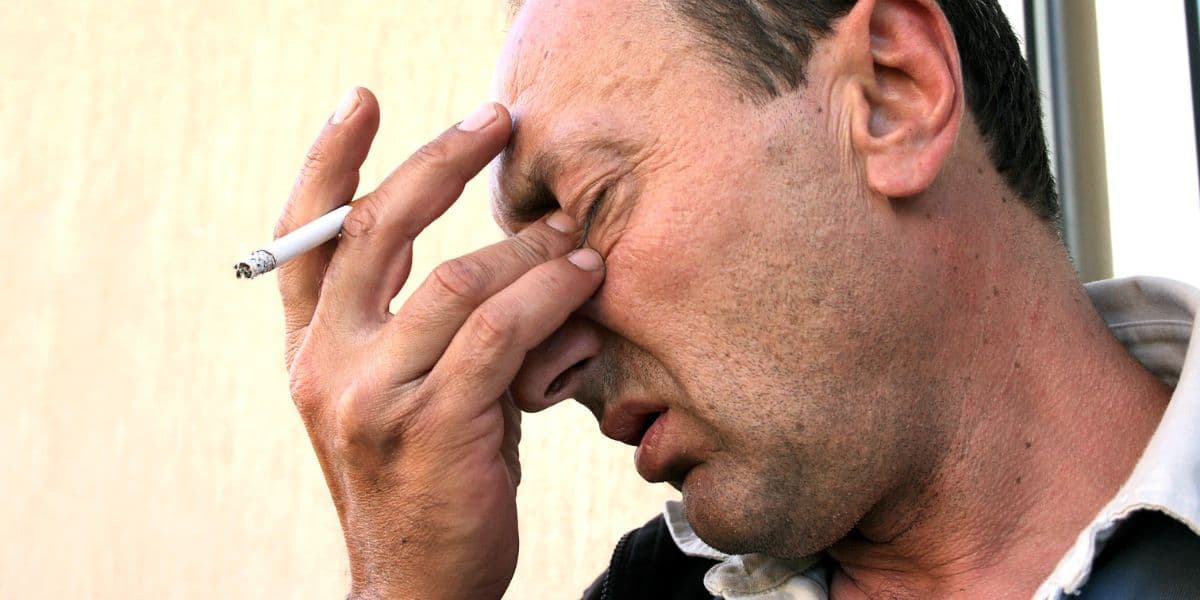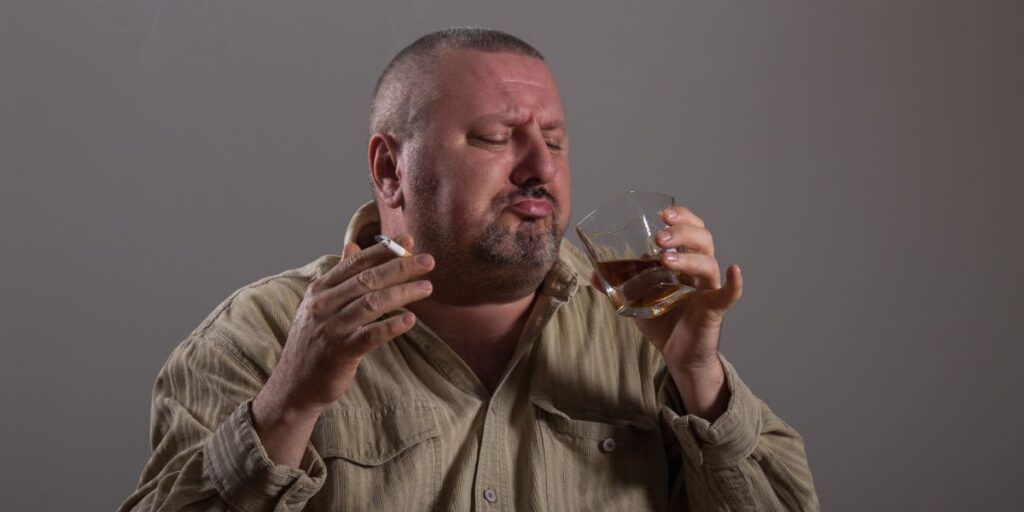Recognizing the Three Stages of Relapse


Medical Writer:
Reviewer:

Johnny Kim
Executive Psychotherapist
Medical Writer:
Reviewer:

Johnny Kim
Executive Psychotherapist
Recovery from addiction usually includes handling relapse, which is a common part of the process. Relapse is often seen as a normal part of recovery. Although, it’s important to question the idea that relapse is a normal part of recovery. Treating it as normal can be harmful because it downplays the importance of prevention.
Preventing relapse is crucial in drug and alcohol recovery. The goal of substance abuse treatment is to help you recognize warning signs early. You will also learn coping skills to prevent relapse when it first starts. This will increase the chances of a successful, lasting recovery.
Table of Contents
Toggle
The Stages of Relapse
The key to preventing relapse is recognizing that it is a gradual process rather than a single event. Knowing this helps you recognize signs of relapse early and use prevention strategies effectively for each stage.
Stage 1: Emotional Relapse Stage
In the first stage of relapse, people are neither contemplating using substances nor planning to relapse. Their inability to acknowledge the possibility of risk leads to a state of denial.
Denial hinders the use of strategies to prevent emotional relapse, making it harder to stop the relapse from getting worse.
A primary objective of addiction treatment is to assist people to recognize and overcome denial. Knowing the early signs of relapse is important to stop it from getting worse.
Signs of emotional relapse include:
- Suppressing emotions
- Isolating oneself
- Avoiding or not participating in support group meetings
- Concentrating on the problems of others
- Maintaining unhealthy sleeping and eating patterns
The highlight of this phase is insufficient self-care, which includes caring for one’s psychological, emotional, and physical health.
Self-care involves making time for yourself, being gentle with yourself, and finding joy in life. It also means caring for your emotional, mental, and physical health.
These questions are commonly raised in therapy sessions and might be beneficial for you to consider and reflect on regularly:
- Are you beginning to feel drained?
- Do you treat yourself well?
- What are you doing for fun?
- Are you dedicating time to yourself?
- Do you find yourself becoming overwhelmed by life’s demands?
A significant aspect of self-care is managing stress effectively. Research indicates that physical activity can lower stress levels and encourage adopting other healthy lifestyle habits.
Comparing your current behavior with your past relapses helps assess whether your self-care practices are improving or deteriorating. Consistently neglecting self-care almost certainly leads to progressing from the first stage of relapse to the next.

Stage 2: Mental Relapse Stage
During mental relapse, you struggle with wanting to use substances while also wanting to stay sober. As you delve deeper into this stage, your need for escape intensifies.
Some signs of mental relapse include:
- Craving using drugs or drinking alcohol
- Recalling people, places, and things associated with past usage
- Justifying or romanticizing previous substance use
- Dishonest behavior
- Contemplating ways to use substances more responsibly
- Seeking reasons or opportunities to relapse
- Making plans to relapse
During this stage, situations such as vacations, holidays, and social gatherings can often trigger a relapse. These events are sometimes used as excuses to start using substances again. This rationalization is known as mental bargaining.
Some people believe they can control relapse by only allowing it on specific occasions or a few times a year. This means they think they can limit when relapse happens. They may believe they can prevent relapse from occurring frequently. This approach involves setting boundaries around when relapse is acceptable.
Some people in early recovery may have unrealistic expectations. They may think they will never think about using substances again.
They may also believe they will never have a relapse. Substance abuse treatment says it’s normal to have cravings and thoughts about using during the recovery process. The treatment provides the necessary skills to manage and overcome these impulses over the long term.
It’s normal to think about using substances occasionally. However, it becomes more concerning when these thoughts become more frequent and intense. This can lead to a mental relapse.
With the right support, you can learn to manage and reduce thoughts of using drugs. However, you can’t completely erase addiction memories.
Stage 3: Physical Relapse Stage
The final stage occurs when you begin using substances again. Some researchers make a distinction between a lapse, which is the initial act of using, and a relapse, which is a return to uncontrolled substance use.
Distinguishing between resuming use can be risky. It may make it seem less severe and lead to a mental relapse with thoughts of using again. This could then lead to a physical relapse.
Typically, this stage occurs when you perceive an opportunity to use substances without being noticed. In recovery, people learn to recognize risky situations and create plans to leave or stay away from them.
Preventing relapse involves more than just saying no before using substances. This approach represents the final and most challenging stage in halting the progression towards relapse.

Relapse Prevention at White Oak Recovery Center
Negative emotions and thoughts can fuel addiction. These thoughts are often critical and judgmental, preventing positive thinking and leading to a negative self-image. This mindset can result in anxiety, depression, resentment, and stress.
At White Oak Recovery Center, we use therapies to help change negative thoughts and build healthy ways to cope. Medical research confirms and supports the efficacy of these treatment programs with evidence.
People in recovery often judge themselves harshly, perceiving setbacks as significant failures. However, it’s important to recognize that setbacks are a normal part of progress. Even though a setback can be discouraging, there’s always a route to return to abstinence and recovery.
WORC creates specialized relapse prevention plans tailored to each resident’s specific challenges and strengths.
The journey to recovery may seem long, but we are here to support you at every step. Reach out now to speak with a caring treatment specialist.

Am I covered for addiction treatment?
Your insurance may cover treatment. Call now for an entirely free and confidential assessment. Recovery starts with a phone call.

- Melemis, Steven M., “Relapse Prevention and the Five Rules of Recovery.” Yale Journal of Biology and Medicine, Sep. 2015.
- Guebzel, Nicholas, and McChargue, Dennis, “Addiction Relapse Prevention.” StatPearls: National Library of Medicine, Jul. 2023.
- Menon, Jayakrishnan, and Kandasamy, Arun, “Relapse Prevention.” Indian Journal of Psychiatry, Feb. 2018
Medical Disclaimer:







